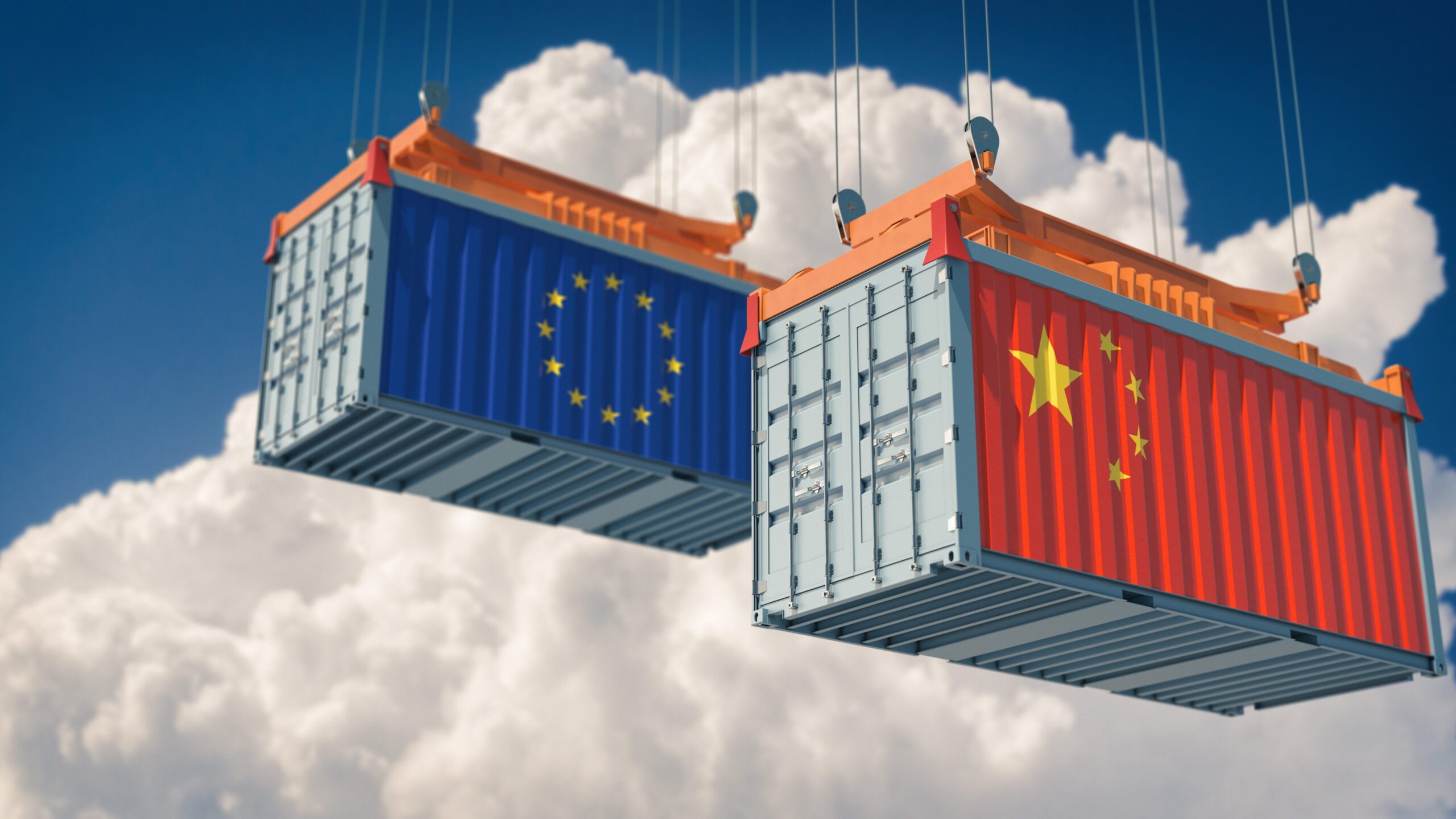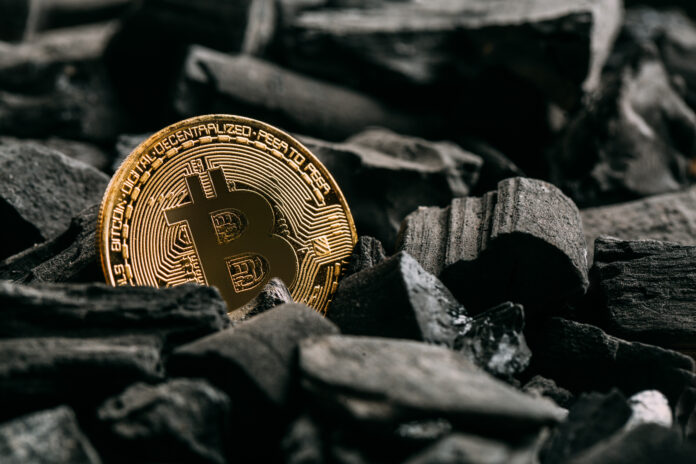By Frontpage Journal | Business Insights | Climate Communication
In today’s global economy, carbon is no longer just a byproduct, it’s becoming a currency. As climate change accelerates and nations rush to meet their emissions targets, the carbon credit market has emerged as a powerful economic force, redefining the value chain across industries. For Sri Lankan businesses, this shift is not just an environmental issue, it’s a game-changing opportunity.
“The carbon economy is real, and it’s moving faster than most businesses are prepared for,”
says Arjuna Meegoda, a Colombo-based sustainability strategist. “If we don’t position ourselves now, we risk being priced out of the markets we rely on.”
What Are Carbon Credits, and Why Do They Matter?
A carbon credit represents one tonne of carbon dioxide that has been reduced or removed from the atmosphere. Companies or countries that exceed their carbon caps can purchase credits from those who emit less. This system incentivizes low-emission behavior while penalizing heavy polluters effectively assigning a cost to carbon.
Globally, carbon markets are booming. In 2023, the voluntary carbon credit market exceeded $2 billion and is projected to reach $50 billion by 2030. Tech giants, airlines, and even cement manufacturers are actively trading credits to balance their emissions.
But here’s the real shift. carbon management is no longer voluntary. From the EU to China, regulatory carbon markets are being formalized. With the European Union’s Carbon Border Adjustment Mechanism (CBAM) now in effect, exporters to the EU must disclose the carbon footprint of their products or pay a hefty carbon tax.

As a small, trade-dependent nation, Sri Lanka must prepare for this new regulatory terrain. Our key export industries garments, rubber, tea, seafood are all on the radar of environmentally conscious importers. Countries that can prove carbon efficiency will win trade access and buyer preference. Those that cannot will face tariffs, reputational risk, and lost contracts.
Opportunities in the Carbon Credit Economy
Instead of seeing carbon pricing as a threat, Sri Lankan businesses should see it as an economic opportunity. The country’s natural resources like forests, mangroves, tea plantations, rice paddies can generate valuable nature-based carbon credits through reforestation, soil regeneration, or renewable energy projects.
Here’s where the opportunity lies,
- Agriculture and forestry firms can develop verified carbon offset projects and sell credits internationally.
- Renewable energy providers can monetize their emissions savings by registering in carbon registries.
- Tourism operators can bundle carbon offsets with eco-tourism packages for international travelers.
- Exporters can integrate offsetting into their product value chains, offering carbon-neutral goods to global buyers.
The key is credibility, carbon credits must be verified by globally accepted standards such as
Verra, Gold Standard, or CDM (Clean Development Mechanism).
What the C-Suite Needs to Do Now
1. Conduct a Carbon Footprint Audit
Start by measuring emissions across operations energy use, transportation, materials. Many international buyers will soon require this baseline data.
2. Align with Global Carbon Standards
Join recognized certification schemes and work with environmental consultants to ensure traceability and transparency in carbon data.
3. Build Carbon Offset Partnerships
Partner with verified environmental projects in Sri Lanka that can supply offsets. This builds a local ecosystem and avoids greenwashing.
4. Educate the Board and Investors
Carbon has monetary value. Present its impact and opportunity as part of your company’s financial strategy, not just sustainability goals.
5. Lobby for National Carbon Market Frameworks
Sri Lanka must urgently develop regulatory and financial mechanisms to support local participation in global carbon markets. Business leaders must push for this.

Sri Lanka’s Moment to Lead
Sri Lanka has the natural assets, the export dependency, and the policy urgency to lead in the carbon economy if business and government move quickly and together. Becoming a regional hub for verified carbon credits could not only create new revenue streams but also enhance the country’s reputation as a sustainable trade partner.
“This is not just about climate anymore,” says Dr. Ishani Pathirana, an economist at the Institute of Policy Studies. “It’s about trade, finance, and sovereignty in a decarbonizing world.”
The Next Currency Is Carbon
The world is entering a new economic era where emissions carry a cost and carbon reductions, a value. For Sri Lankan CEOs and CFOs, the choice is simple: treat carbon as a liability, or turn it into a strategic asset. Those who move now will define the next generation of competitive advantage.




